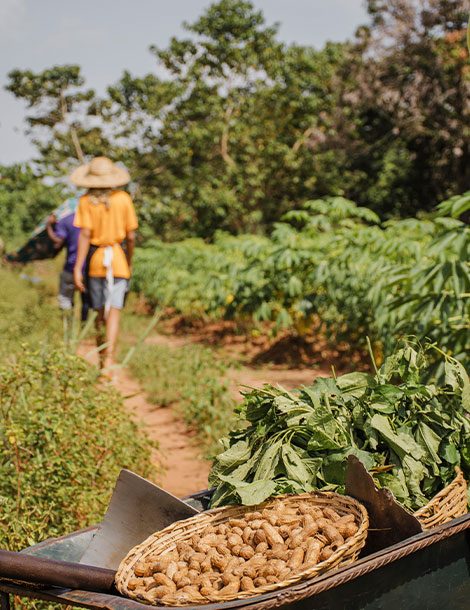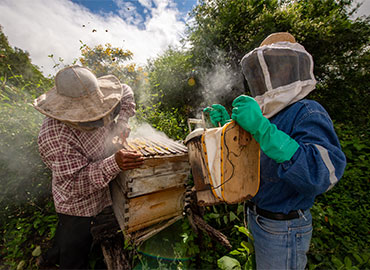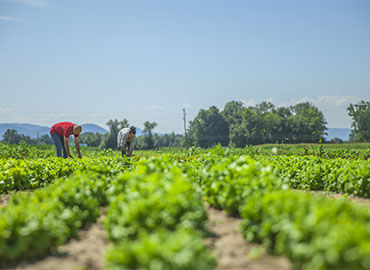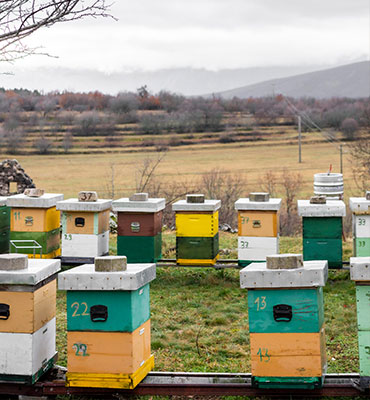

Geographical Proximity
This proximity enables them to collaborate more easily and share resources.


Resource Sharing
Cluster members can share equipment, tools, and facilities to reduce costs.


Skill Enhancement
Workshops, training sessions, and skill development programs can be organized within the cluster.




SOCIALBUSINEZZ is a Social business concept and it refers to a business model that prioritizes addressing social or environmental issues over maximizing profit.
The primary objective of a social businezz to solve societal problems and create positive impact, while also sustaining itself financially. Unlike traditional non-profit organizations, social businesses aim to be self-sufficient through their revenue-generating activities.
Key characteristics of social businezz include :
Mission-driven
Financial sustainability
Social impact measurement
No dividend distribution
Innovative business models
Collaboration & partnerships

What We Do..?

Cluster For Tailoring
Units
A cluster for tailoring units refers to a collaborative group or network of small-scale tailoring businesses or individual tailors who come together within a specific geographic area to collectively enhance their productivity, efficiency, and overall competitiveness. Similar to other cluster-based approaches, the goal is to pool resources, share knowledge, and create synergies for mutual benefit.

Cluster For Honey Cultivation
Cluster-based honey cultivation refers to a collaborative approach where beekeepers or honey producers in a specific geographic area come together to collectively engage in honey production and related activities. This concept is similar to the idea of cluster farming, where farmers collaborate for improved efficiency, resource utilization, and market access.

Cluster For Farming
Units
Cluster farming refers to a practice where a group of farmers or agricultural producers come together to form a cluster or group for the purpose of collective farming activities. This approach allows farmers to pool their resources, share knowledge, and benefit from economies of scale. Cluster farming can lead to increased productivity, better access to markets, improved bargaining power, and the sharing of equipment and infrastructure.







